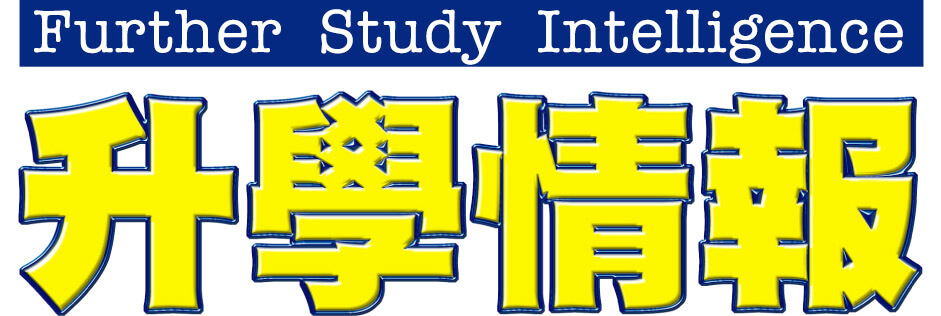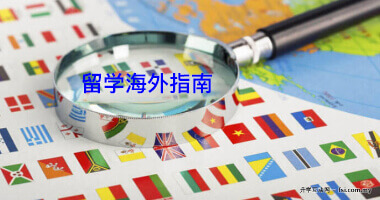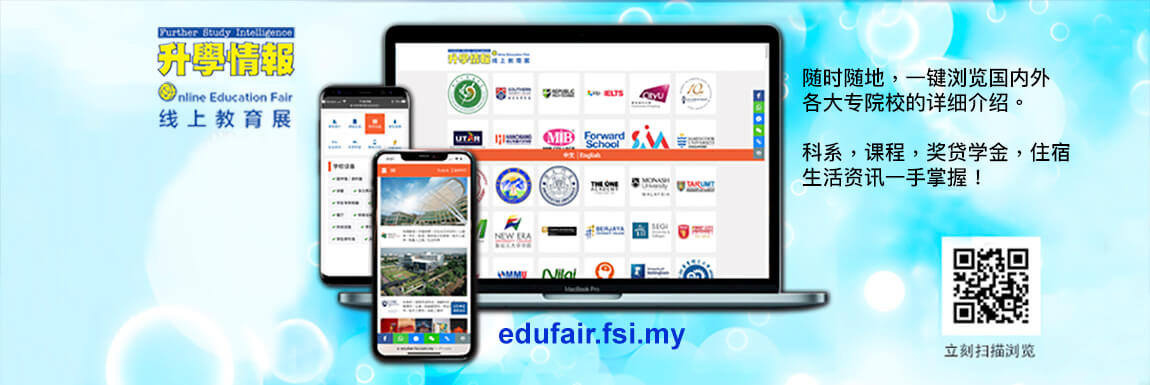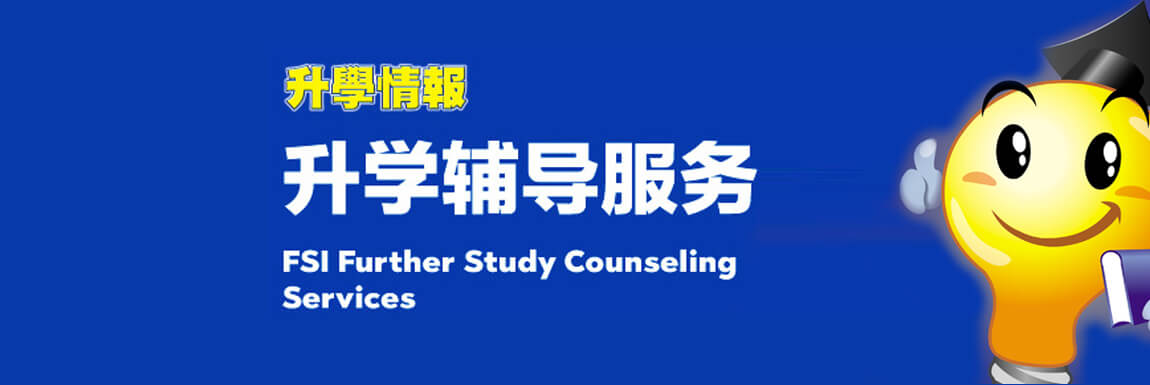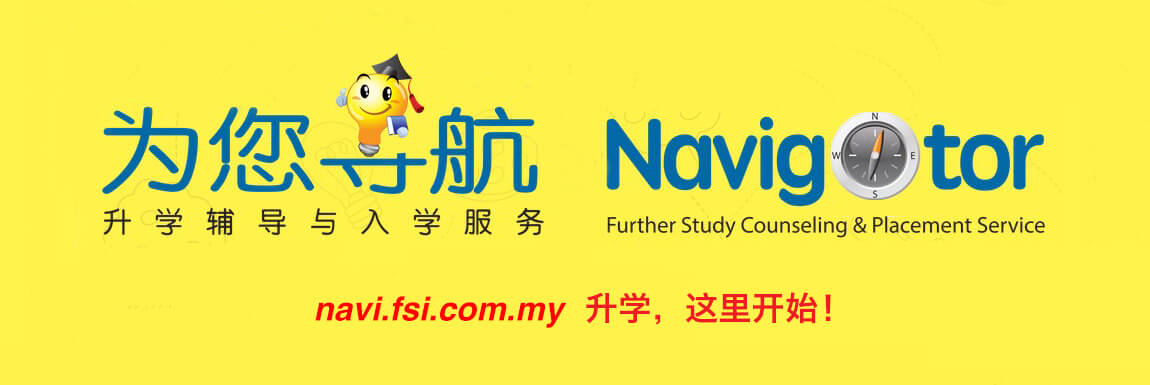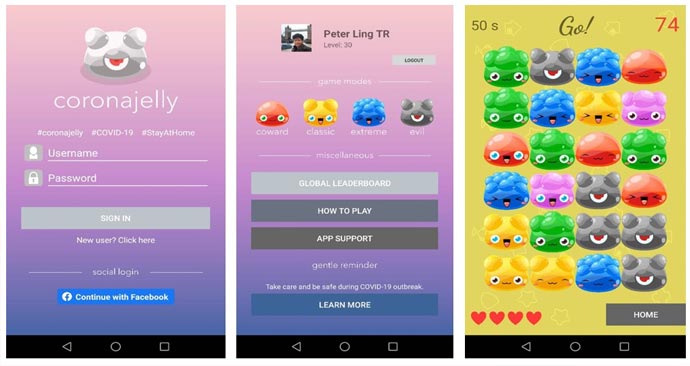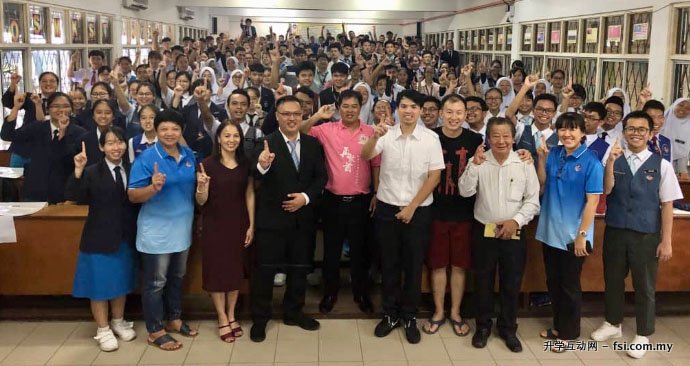
Rita walks 3km daily to the market carrying 10 litres (equivalent to 10kg) of water on her back. This water is used for drinking and can only last a day.
KUCHING – Around 200 people in Kampung Sion, Tapah now have improved access to clean water under the Communities Unite for Purewater (CUP) programme by Global Peace Foundation Malaysia.
CUP aims to uplift the welfare of rural and underserved communities through the provision of clean water. To date, CUP has benefited over 4,256 people in 21 communities across Malaysia through technical solutions that improve access to water, filtration technology that provides clean drinking water, and Water, Sanitation, and Hygiene (WASH) training that increases knowledge and awareness on water management and hygiene.
Global Peace’s CUP project is one of the first eight projects selected for the Social Outcome Fund (SOF), a funding model by Agensi Inovasi Malaysia (AIM) that seeks to drive funding for social intervention programmes by social-purpose organisations (SPOs) to address social issues.
This CUP project in Sarawak is funded by YTL Power and has provided 400 people in two communities namely Kampung Sion, Tapah and Kampung Semada Belatok, Serian with access to clean water. The project started in February 2018 and will be completed by February 2019.
The community in Sion mainly rely on rainwater and a river 300m away for their daily use. In recent years, however, the land upstream was developed for agricultural and industrial use, polluting the river that they bathe in. Rashes that develop into open sores and scabs began to appear on their skin.
Realising this, the people of Sion turned to rainwater as their primary water source. Lacking the funds to invest in a proper rainwater harvesting system, they relied on their own ingenuity to create a crude design by tacking together pieces of zinc, shaping lengths of wire, and using anything they had on hand. Not everyone could afford a high-capacity tank so buckets, jars, and whatever that could be used to hold water sufficed as storage.
Still, water, especially drinking water, is scarce and they have to resort to buying water from town. With an average household income of RM800 per month (the lowest-earning family only brings in RM300 a month), every cent spent counts.

Aida standing next to a small earthenware pot that she uses to store rainwater.
Global Peace reached out to Associate Professor Ir. Dr Sim Kwan Yong, the Head of School of Engineering from Swinburne University of Technology Sarawak Campus for help in designing a more efficient rainwater harvesting system for each household. A team of lecturers consisting of Ir. Dr Kuok King Kuok, Ng Lieu Thai and Dr Muhammad Rafiq Mirza Julaihi drafted a plan after a site survey to Kampung Sion.
According to Ir. Dr Kuok, who is the Discipline Leader of Civil Engineering at Swinburne, based on the site survey and discussions with villagers and Global Peace, they proposed a simple and efficient rainwater harvesting design that can cater for the needs of individual household.
Each house was given a water tank and assisted with proper gutters and piping set up to harvest rainwater efficiently from the roofs. Together with the water purifier unit provided by Global Peace, each family now have access to not only clean drinking water, but also clean water for daily use at their own home.
“Engineering is about improving life. It is a great privilege to work with Global Peace to create positive social impact for the community at Kampung Sion,” said Associate Professor Ir. Dr Sim.
Aida, 30, lives with her husband Ricky, father-in-law, (65), and two sons aged seven and nine. Both she and her husband are construction workers and they travel as far as Kuching to work, about 1.5 hours away from home. At night, Aida works at a local coffee shop as a server and takes on odd jobs whenever she can.
Her family is one of the lower income families in the village. When we first visited her, she only had a small earthenware pot and two buckets to store rainwater. When Aida and Ricky are away at work, her aging father-in-law has to walk to town to buy water, a journey that takes twice as long for him because of his joint pain and shortness of breath.
“I am truly thankful that I don’t have to worry about water anymore. My father-in-law can rest at home as he should. We have enough water for our daily use,” says Aida. “Now, I can concentrate on working and saving money for my children. I want them to finish school, go on to university, and get good jobs. I want them to have a better life.”
“After working with Sion for almost a year, we’ve grown so close to the people here. They have such big hearts and the children especially, they love taking part in the activities,” explained Global Peace Programme Coordinator Fiona Foo.
“These children carry the hopes of their family and it’s important that we give them every opportunity to learn, grow, and soar. We’d love to start a youth programme here in the future,” she added.
For further information, contact Communications Specialist of Global Peace Foundation Malaysia Yong Joy Anne at +603-7805 4760 or email to joyanne@globalpeace.org.my.

Old rainwater harvesting system. A scrap of corroded zinc serves as a gutter to collect rainwater into two small barrels.

Aida with her improved rainwater harvesting system connected to two 400 gallon tanks. Also pictured are her two sons and father-in-law.

New rainwater harvesting system designed by the team from Swinburne.
About Global Peace Foundation Malaysia (Global Peace):
The Global Peace Foundation is an international non-sectarian, non-partisan, non-profit organisation, which promotes an innovative, value-based approach to peacebuilding. Currently, we work in 20 countries including Korea, Uganda, United States, and Indonesia. We believe that the power of one human family can ease conflict in the world. Our programmes are focused on three pillars – community, education, and youth – and aim to foster social cohesion and peacebuilding, promote moral and innovative leadership, empower families, and build models of development.
About Swinburne University of Technology Sarawak Campus:
Swinburne University of Technology Sarawak Campus is the international branch campus of Swinburne University of Technology, Melbourne, Australia. The Sarawak campus opened in Kuching, the capital city of the Malaysian state of Sarawak, in 2000.
The campus is a partnership between Swinburne Australia and the Sarawak government. The campus is part of a long-term strategy by Swinburne Australia, established in 1908, to globalise its operations and provide its students with international living, working and learning opportunities.
Since it was first set up, Swinburne Sarawak has been growing rapidly. The custom-designed campus has a current student population of about 3,500. Apart from Malaysia, students hail from more than 45 countries, making it a truly international university.
Swinburne University Of Technology Sarawak Campus 砂拉越斯威本科技大学
https://edufair.fsi.com.my/swinburne
